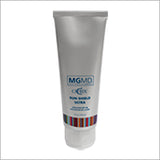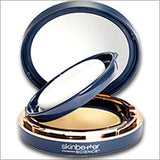- Home
- About
- Shop
- Cosmetic Procedures
- Medical Treatments
- Blog
- Forms
- Contact
- Sign in
- Home
- About
-
Shop
-
Cosmetic Procedures
- Body Contouring
- Exilis Ultra
- Kybella
- Double Chin Treatment
- Facial Redness & Vein Laser
- Intense Pulse Light (IPL)
- Excel V Laser
- Injectable Fillers
- Juvéderm
- Juvéderm Voluma
- Juvéderm Volbella
- Restylane
- Restylane Silk
- Restylane Refyne
- Restylane Defyne
- Radiesse For Hands
- RHA 2, RHA 3, RHA 4
- Sculptra
- Laser Hair Removal
- Laser Skin Rejuvenation
- Fraxel DUAL
- Excel V Laser
- Laser Genesis
- Clear + Brilliant Touch Laser
- Neuromodulators
- Botox, Dysport, Xeomin
- Removal of Age & Brown Spots
- Chemical Peels
- Intense Pulse Light (IPL)
- Fraxel Dual
- Clear + Brilliant Touch Laser
- Skin Tightening
- Exilis Ultra
- Secret RF
- Vein Removal
- Sclerotherapy
- Excel V Laser
- Hydrafacials
- Microdermabrasion
- ALL COSMETIC TREATMENTS
- Medical Treatments
- Blog
- Forms
- Contact



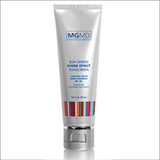 MGMD® Sheer Effect Sunscreen
MGMD® Sheer Effect Sunscreen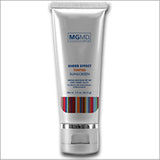
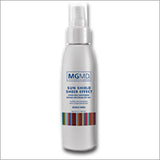 MGMD® Sheer Effect Sunscreen Spray
MGMD® Sheer Effect Sunscreen Spray